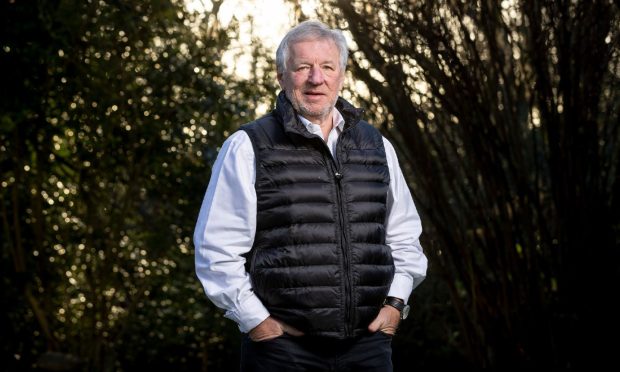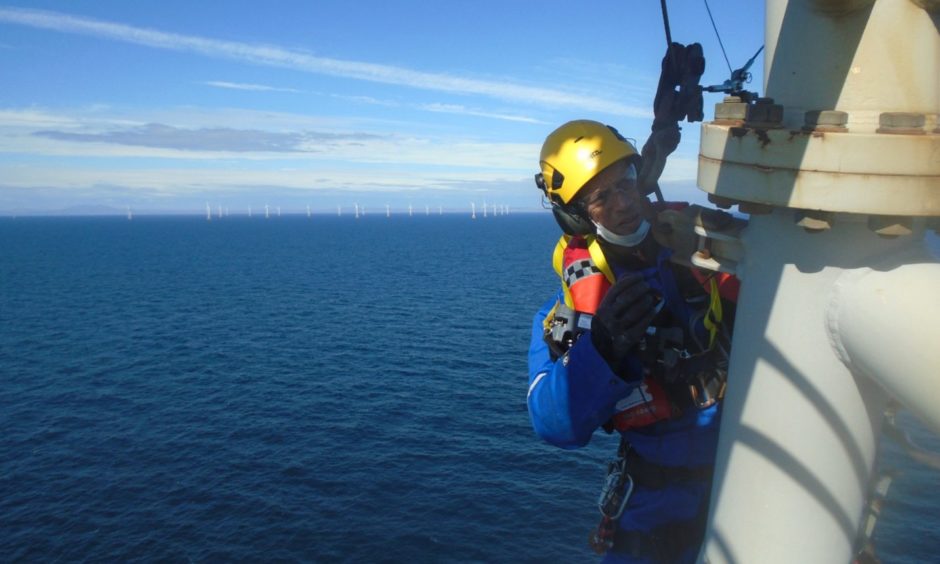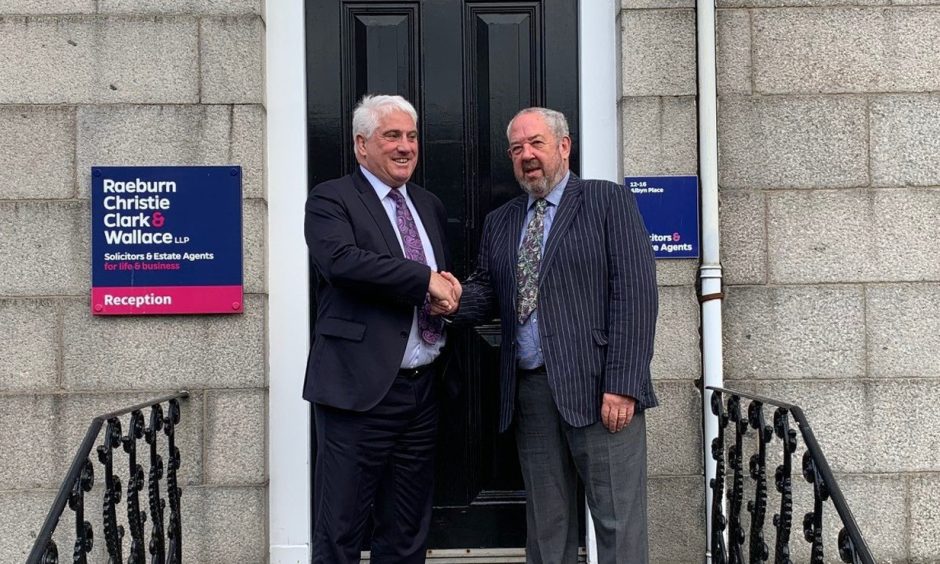For a snapshot of the state of the economy, a useful shortcut is to take a look at how mergers and acquisitions (M&A) activity is performing.
If M&A deals are flourishing, it’s a pretty reliable indicator of good health in the wider business world.
UK-wide, the past 12 months have seen a decline in M&A activity. Mergers and acquisitions in the UK totalled £207.6 billion over 2023, according to data from London Stock Exchange Group Deals Intelligence.
This represented a 33% reduction from the 2022 figure and is the lowest since 2009.
What held back M&A activity last year
Analysts have blamed higher interest rates and geopolitical tensions, primarily the war in Ukraine.
In Scotland, by the end of Q3 2023, M&A activities accounted for 5.9% of the UK total by volume, but only 3.6% by value. Over the first three quarters of 2023, Experian reported 265 Scottish deals whose cumulative value of £4.9bn represented a 67% decrease from the previous year.
Yet there were signs of resilience too, in certain areas, over this period, with deals based on the employee-owned business model or Employee Ownership Trust (EOT) increasing by 100% year-on-year.
Acquisitions accounted for 63% of the total volume of corporate activity.
AAB led the dealmakers’ field, having participated in 13 transactions by the end of Q3 and being rated number one in the financial adviser rankings for deals by volume.
Here in the north-east, the long-impending £3.8bn takeover by Eni of Aberdeen-based Neptune Energy’s entire portfolio, apart from its operations in Norway and Germany, completed at the end of last month.
Another notable deal last year was the acquisition by RSK Group of Aberdeen-based engineering services firm PD&MS Group, with around 540 employees in the city.
And Stats Group, the Kintore-based pipeline technology specialist, which was the first Scottish investment, in 2012, by the Business Growth Fund (now just BGF), was taken over by Japanese giant Mitsui.
Stats has quadrupled in size since BGF’s initial investment of £16 million. The company now turns over more than £60m annnually and employs 350 people around the world.
North-east deals in 2023 included £53.5m deal for Ace Winches
Late last year, north-east self-starters Alfie and Valerie Cheyne sold their successful Ace Winches business to Westhill-based subsea equipment rental and solutions company Ashtead Technology for £53.5m.
The legal profession also saw some local M&A activity, with the north-east firm of Raeburn Christie Clark & Wallace acquiring Aberdeen-based practice Mackie & Dewar for an undisclosed sum.
Aberdeen-headquartered Repsol Sinopec Resources UK rebranded as Repsol Resources UK after Spanish firm Repsol acquired Sinopec’s 49% stake, became the full owner of a business that operates 38 North Sea fields, producing an average of 550,000 barrels of oil equivalent daily.
The question on which the future potential of M&A activity in the north-east depends is whether the burgeoning renewable energy industry will generate a similar burst of deals to what we saw happening during the days when oil and gas were emerging industries.
M&A experts upbeat over 2024 prospects globally
Globally, analysts take an optimistic view. “The energy, utilities and resources sectors are seen as a bright spot for M&A activity in 2024, despite the backdrop of general economic uncertainty,” Michelle Grant, of PwC Canada, wrote last month.
If that’s the global trend, it will boost the north-east, which has become a hub of renewable energy enterprises promoting a just transition from hydrocarbons.
Perhaps 2024 will see a revival of M&A activity in the renewable energy sector, following the caution and desire to wait for better circumstances that characterised 2023.
My advice to buyers and sellers – do your homework
But if M&A activity is to gather pace, it’s essential those driving the activity – both acquirers and sellers – should know exactly what they’re doing. I have a lot of experience of acquisitions, having been involved in more than 60 in the course of my career, and there are always many hazards.
The key requirement is to do your homework; a bidder should know at least as much about a target company as its own board does.
There’s no substitute for meticulous due diligence. Factors such as corporate structure, major contracts and pension obligations must be fully investigated.
If price is too high, walk away
The worst temptation is to pay over the odds. No matter how good a fit the target may be, if the price is too high, walk away. There will always be other opportunities.
Some of the most important work will be done after the deal is sealed. Executing the merger quickly, efficiently and sensitively requires emotional intelligence to create a new corporate culture for the combined organisation.
There are signs of stability returning to the economy, with inflation falling, energy security improving after the first shock of the Ukraine war and supply chains being reconstructed, with a prospect of interest rates coming down.
There are grounds for hoping the hesitancy of 2023 will give way to increased confidence in 2024, allowing the north-east to engage more vigorously in M&A activity, generating growth and job creation in the region.
Martin Gilbert is co-founder and former chief executive of Aberdeen Asset Management and chairman of AssetCo, Toscafund and Revolut.






Conversation